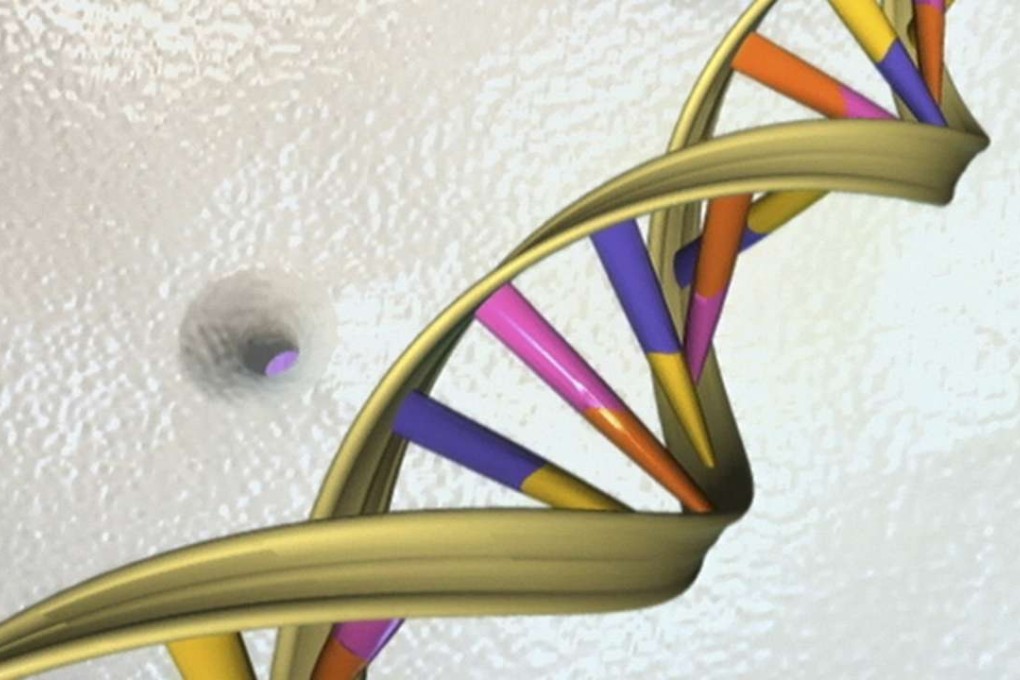Scientists propose creating synthetic human DNA to use in experiments, alarming ethicists

Scientists proposed a long-term project Thursday that involves creating human DNA, the entire blueprint for making human beings, a prospect some observers find troubling.
The researchers said they have no intention of using these genomes — huge collections of genetic material — to actually make people. Instead, they said in interviews, human genomes would be used in lab experiments, inserted for example into cells or simplified versions of organs called organoids.
That might help scientists identify the effects of genetic mutations, or create safer stem cells for transplantation, said the researchers, George Church of Harvard University and Jef Boeke of New York University.
They are among 25 authors of a paper proposing the effort, which they call the Human Genome Project-Write. The paper was released by the journal Science.
The project would also include creating genomes of animals and plants and new methods to edit DNA.
Scientists can make relatively short stretches of DNA now, but creating entire genomes the size of the human one with current technology would be hugely expensive. The main goal of the new project is to cut the cost of engineering and testing big genomes more than a thousand-fold in 10 years.
The hope is to make it inexpensive enough that scientists could study “millions of genomes in dozens of cell types” to look for the effects of mutation, Church said.